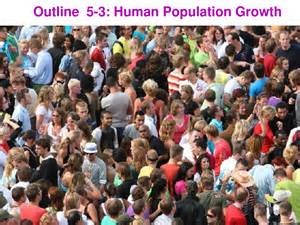
One major problem that faces the world today is the rapid growth of population, often referred to as population explosion. Until about 800 AD the world's population stayed below 200 million. Since then it has risen dramatically.

The rise has been greatest in the 20th century. The population has recently risen to about six billion: it is three times as large as it was in 1960. It is not so much the actual population as its rate of increase that is alarming.

Experts predict that by 2020 there will be about ten billion people, causing serious problems of hunger, overcrowding and environmental pollution.

This enormous increase of population is due to better food, better hygiene and, above all, the advances made in medicine. Rapid developments in modern medicine have conquered many diseases and consequently the death rate has decreased. Until the beginning of the 19th century most people died before the age of 50.

Today in developed countries the average lifespan has risen to more than 70 years. The population goes on increasing at an alarming rate in spite of the practice of birth control in many parts of the world.

Thomas Malthus, a British mathematician and economist, went to the extent of declaring that, if unchecked, human population would grow in geometric progression ( i.e 1,2,4,8 and so on) while food production could only grow in arithmetic progression (i.e 1,2,3,4 and so on). He was, of course, very pessimistic.

With a population of over one billion, India is the second most populous country in the world. ( China is the first) India's population has risen drastically since 19501: the population today is 2 1/2 times as large as it was in 1950. It is rising by 2.9 per cent per year, and in consequence, every year an extra 26 million people have to be provided for.

The government is taking measures to check the population growth and a large percentage of people practise birth control. Recent advances in farming have made the country productive enough to feed the present population.

Failure to arrest further increase of population may have disastrous effects, though there seems to be some truth in the statement made by Julian Simon of the university of Maryland: according to him, although population growth means there will be more mouths to feed, there will be "more hands to work and more brains to think".



